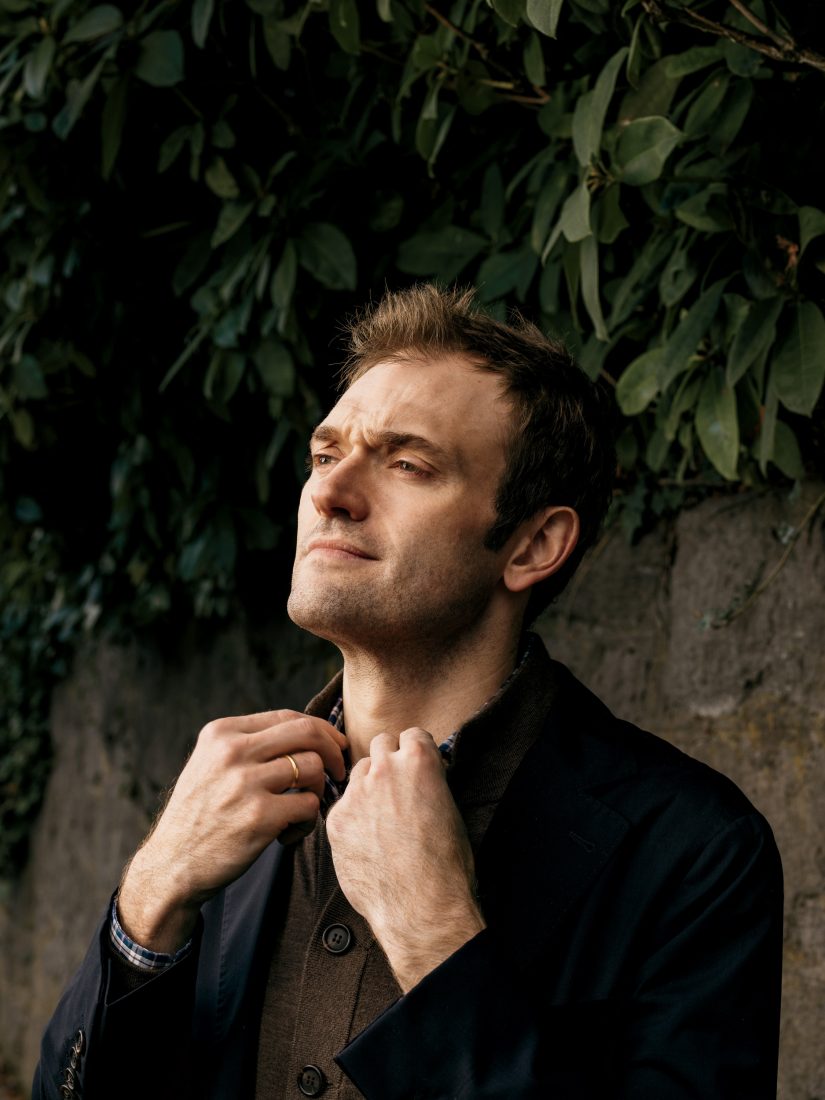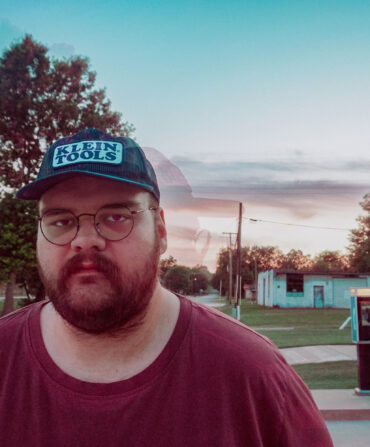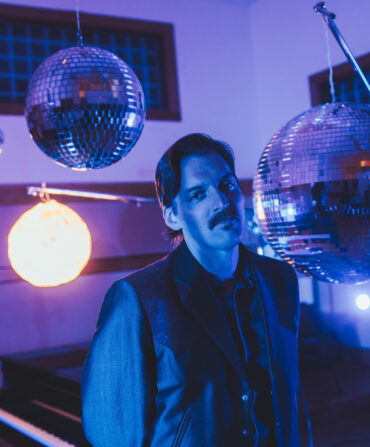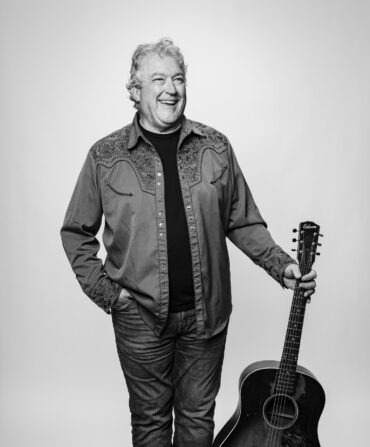Chris Thile has been described as a phenom, a genius, and, most commonly, a virtuoso. Last fall, the cofounder of the bands Nickel Creek and Punch Brothers added a new and curious title to his résumé: Garrison Keillor’s successor. In October, Thile (who will soon turn thirty-six) took over for Keillor as host of A Prairie Home Companion, the forty-three-year-old public radio revue known for its nostalgic vision of America. This seemed an odd choice for a mandolinist often hailed as the heir to bluegrass legend Bill Monroe. But perhaps more than anyone, Thile is aware of Prairie Home’s undervalued historical role in introducing folk, bluegrass, country, and Americana to mainstream listeners: He first appeared on the show at age fifteen, and returned more than twenty times as a guest. Now the California native—who spent his late youth living in Kentucky—is guiding the deeply beloved, oft-mocked program (and its baby boomer audience) into a new era. “Presenting the American songbook as a living, breathing entity that’s expanding all the time is very important,” he says. On February 4, Thile takes Prairie Home to Nashville’s Ryman Auditorium, the hallowed former home of the original live-radio show, the Grand Ole Opry—the only Southern stop on Prairie’s current tour.

Photo: Kyle Johnson
Mandolin master Lloyd Loar designed Thile’s 1924 Gibson model.
What’s your first-half grade for yourself?
I’m really happy with how the guests have interfaced with the show. Right from Jack [White] showing up and putting a lot into his performance, to Esperanza [Spalding]—she straight blew my mind—to someone like Jason Isbell coming out by himself with just the guitar and delivering these songs that he feels so deeply.
He is the real thing.
When Jason stepped onstage and started playing, I was just a puddle on the side of the stage. That is a part of the show I was not expecting. I’m always excited about music, but having spent so much time in its pursuit—well, my musical life is complicated. Prairie Home has helped me simplify it again. Now it’s: Do I like this or not? Not: Does this help me accomplish my agenda?
You are a Kendrick Lamar fan. Will the show feature hip-hop?
There’s already been some in the birthday segment [in which Thile plays music from artists who have had birthdays that week]. There was A Tribe Called Quest’s “Buggin’ Out.” We did a little of Snoop Dogg’s “Gin and Juice.” That’s planting a seed. I’m saying loud and proud that these are wonderful musicians with work that we should all be taking into consideration. I’m just so deeply convinced that we are united as a country—even now—by things of a certain level of quality.
The week after the election, you had the Beninese singer Angélique Kidjo and Isbell, and you sang “This Land Is Your Land.” Garrison, on the other hand, would have brought out the fire poker.
I went through a political shift when I was nineteen or twenty. I felt a certain way, and after the shift, I felt the opposite way. And never once did someone yelling at me or making me feel stupid do anything other than reinforce the convictions I had. What did get to me was people listening to me. This is not discounting Garrison’s approach. It’s just not my approach. I’d love not to exclude people.
You’re playing the Ryman. Garrison went there in 1974 to report on the Grand Ole Opry for the New Yorker, came back, and decided to launch Prairie Home.
It’s such a beautiful room. You can hear the music. It’s already in there; these epic performances are still reverberating. You can feel’em. I’m looking forward to underlining that a little. Maybe even trying to re-create a specific Bill Monroe performance—even down to note-for-note solo transcriptions.
You said at one point that if something’s too derivative of Bill Monroe, it need not exist.
As far as the creation of new material is concerned, you have to run like hell from that which is derivative. Now, the study of what Monroe did, on the other hand, will lead to the ability to make something new. Those performances were evidence of his creative brilliance. I think there’s a chance for audience edification—holding it up for instant comparison to the things that you’re listening to right now.
What’s a performance he did at the Ryman that stands out?
There’s an old performance of “Mule Skinner Blues” on the Opry. That is practically an avant-garde song. There’s this long high note, and there’s no rhyme or reason to when it’s going to end other than his breath is running out. And it’s also about something so interesting: mule skinner blues! You need any mules skinned? Bill Monroe is not singing about life in America. He’s singing about life in Kentucky and Tennessee. And yet it’s had this tremendous impact, not just in America but in the world. Why is Bill Monroe’s hyper-regional music so universal? We can be so different and yet still share a tremendous amount. And maybe in the pursuit of those commonalities, we can exact necessary change and development.
Speaking of change, it’s strange to hear a Garrison Keillor bit like “Bebopareebop Rhubarb Pie” coming out of your mouth.
There are only a few moments like that in every show. But I want to make sure people understand that I think the world of Garrison. To keep the [“Tishomingo Blues”] theme song at the top, for instance, stresses the importance of continuity in our lives. The journey. The torch might get handed to you, but you’re wise to not forget that whoever passed the torch to you ran a great distance to get it there. In the grand scheme of things, there’s still a finger on the torch that’s being passed.








